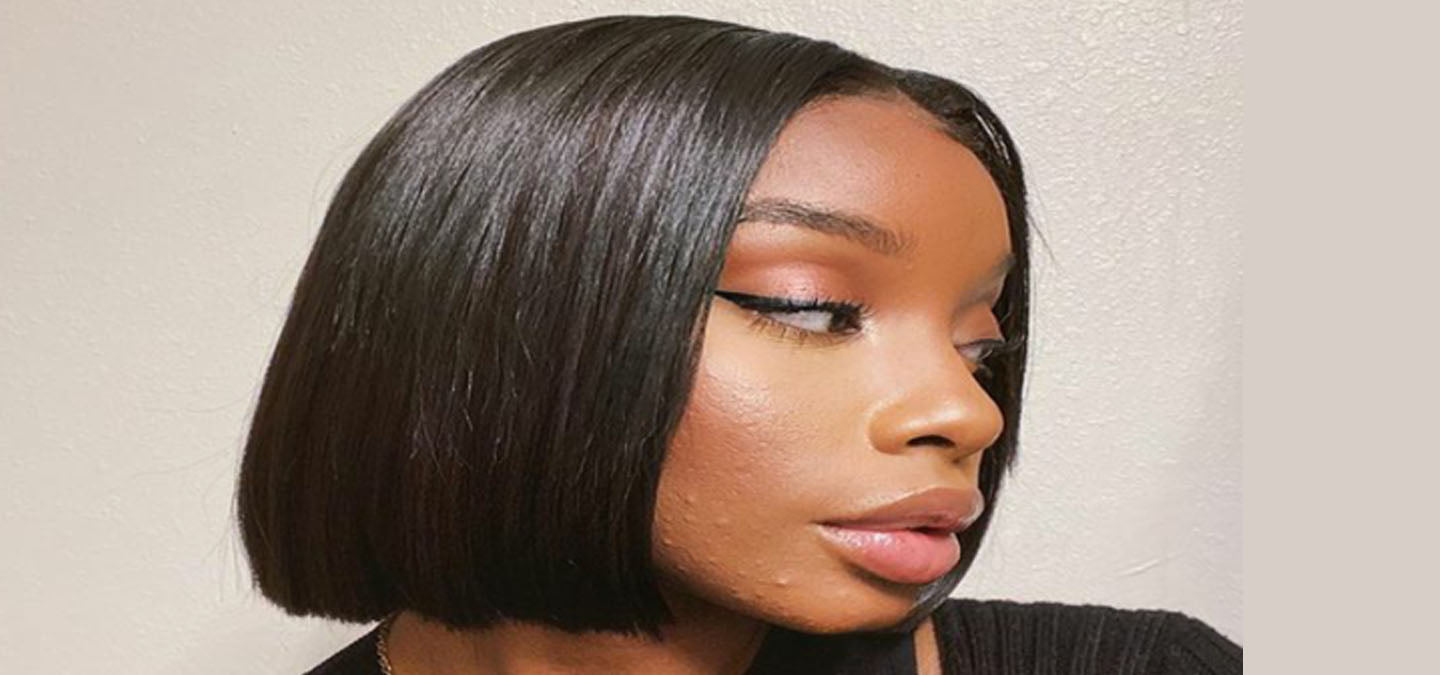
Black Skin Guide To Understanding Acne
In recent times, black skin has been given little to no consideration in the world of beauty. Skincare research and formulations were based on white skin tones. Hence, treatment offered for skin conditions often had a different effect on black skin.
With the rise in acne positivity and beauty influencers embracing the campaign, renewed interest has been sparked in the age-old skin condition.
It's interesting to note that a lot of coloured people suffer from acne yet are not aware due to the media depiction of acne with general descriptions such as raised red spots, deep red bumps, inflamed pores with pinkish hues. These characteristics are usually only applicable to non-melanated skin, making it harder for people of color to identify skin problems. There isn't a one-size-fits-all model for how acne appears. The signs of acne on coloured skin include the following:
- Post-inflammatory hyperpigmentation (PIH): This happens when an area of your skin produces more melanin, thus appearing darker than the surrounding skin tone. This may be due to injury or an inflammatory disorder of the skin.
- Keloid formation: This is the formation of scar tissue that usually grows at the site of an injury, inflammation, or acne. Keloids occur as round dark protuberances.
- Hypertrophic Scarring: This is a thick, raised scar that occurs when there is a lot of tension around a healing wound. It is similar to keloids.
Another concern for people of color is the fact that other skin conditions can mimic acne. These skin conditions include the following:
- Rosacea
- keratosis pilaris
- Perioral dermatitis
The struggle of identifying acne in coloured skin is a real issue due to the fact that non-melanated models are used for acne treatment commercials as well as most dermatology textbooks. Therefore, most coloured people have no idea of what acne looks like on their skin tone.
Thankfully, the narrative seems to be gradually changing with black celebrities and influencers such as the gorgeous Nahzaya Barcelona, who uses her space to shed more light on acne in people of color.
The best bet for correctly diagnosing acne in melanated skin is by visiting a dermatologist experienced in handling skin of color.
